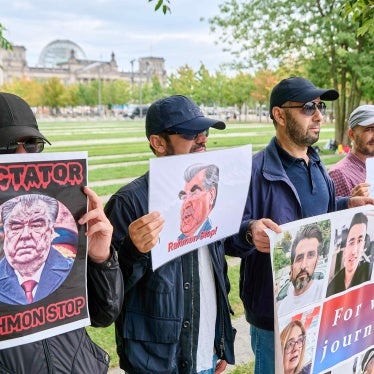On April 7, Alberto Fujimori, former president of Peru, was found guilty by a three-judge panel of the Peruvian Supreme Court on charges involving serious human rights violations.
For a decade, from 1990 to 2000, the Fujimori government used bribery, extortion, and intimidation to concentrate power in the presidency, subverting the democratic process and eliminating checks on government abuses. Fujimori was convicted of the killings of 25 people in two massacres, in 1991 and 1992, and the kidnappings of a journalist and a businessman in 1992. The massacres were carried out by the Colina unit, a specialized squad of military intelligence officers. The court found that the killings formed part of a counterinsurgency strategy that Fujimori established and carried out through the country’s intelligence services.
In 2005, when Fujimori unexpectedly arrived in Chile after having evaded justice for five years in Japan, Human Rights Watch immediately wrote and released a report that documented Fujimori’s abuses and described the evidence against him. Human Rights Watch’s report was crucial in countering the then-common public perception that there was no evidence against him.
In a rare decision in 2007, the Chilean Supreme Court authorized Fujimori’s extradition to Peru to face trial, relying on much of the evidence that Human Rights Watch had described in its report. We continued to monitor the trial in Peru closely. The Peruvian Supreme Court’s decision convicting Fujimori, after an exemplary trial that fully observed due process standards, is a rare example of a national court showing that it has the will, capacity, and independence to bring a former head of state to justice.
Read more.






